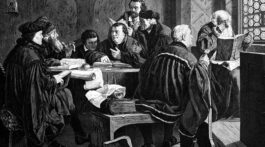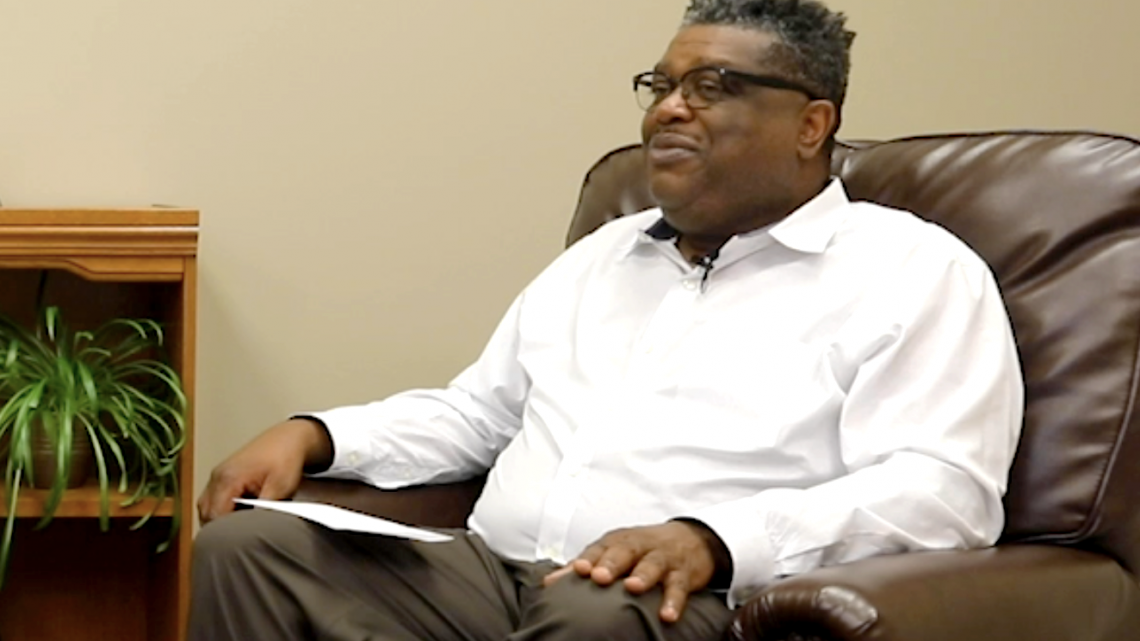Pastor Wade, what is your background?
I’m an island boy from Trinidad, a third generation Seventh-day Adventist and I love this church! We migrated to the United States to “live the dream” and I was happy growing up in the West Indies atmosphere in Brooklyn, New York, in an environment I was used to. But when we moved to Washington, DC issues came up.
Tell us more about that.
I joined an Adventist church in DC and realized that the church was African-American, not West Indian. I may have looked like them, but I wasn’t like them. I joined Pathfinders and during one activity a comment was made that maybe I needed to go join the West Indian church. That started my journey in 1984 to understand the problems between African-Americans and Caucasians and other cultures.
You have developed a gift for making everyone feel at ease. And now that you have come to work in Mid-America Union as our Church Ministries director, how do you feel when you attend events and no one else looks like you?
It’s a little jarring at first, but I thank God for the journey He has brought me on where over the years I’ve had the opportunity to serve on committees representing the African-American voice and to preach in many diverse churches. One of the things I realized early on is that I need to look for commonality among people groups. And one thing I have found that helps bridge the gap is food. I love to sit down to eat and talk, whether it’s greens and cornbread or roti and curried chickpeas. I live the best life because the cultures I know give me opportunities to minister in a diverse field like Mid-America Union. Learning history has taught me how to understand and connect in various cultures.
What do you see that is different with the younger generations?
They are asking good questions: How did we get here? Why do we have different conferences? What is our church doing about racism? They are making the gospel real for them. I’m on a new journey now of making sure I can offer accurate historical perspective, stand with them, worship with them. They are the leaders of today, not tomorrow. And if we try to hold them back we are going to end up with no church.
So what can we do as a church do to help promote understanding and healing?
Having conversations like this is a start. Intergenerational cultural training also helps. We can’t keep old mindsets or stay in our silos. We need to talk about differences, because that is what brings us together. The pandemic has given us more time to think and talk.
Every one of my African-America male friends has a story about being pulled over by the police, what happened to them and how scary that was. That fact was one of the first things that made me realize I needed to learn more. What do you wish I, as a white man, understood about the African-American journey that would help me be more inclusive?
Sometimes we don’t believe that what each of us is dealing with is real. I’ve heard people say that racial disparity is not real and oppression of blacks isn’t happening anymore. But I have to protect my son and the young people I minister to. And I need my white brothers and sisters to believe that the struggles are real. We are all connected in some way because that is how God has ordained it.Your problem is my problem and mine is yours. I’m going to do everything in my power to deal with things here, before heaven. I appreciate your leadership in the statement you made last summer. The conversations we have shared make it easier for me to minister. I hope that our willingness to build a bridge gets us that much closer to the kingdom.










